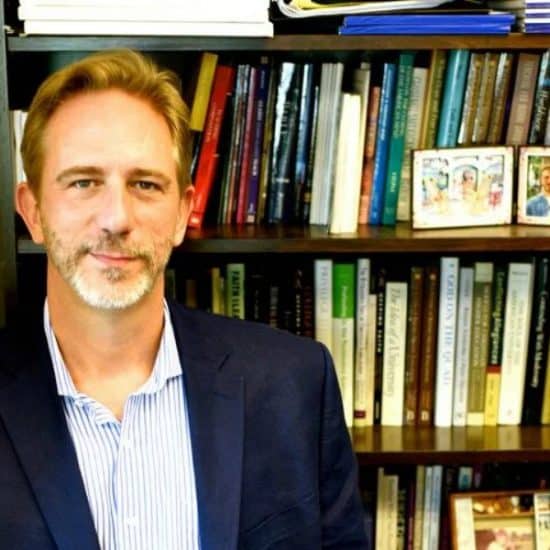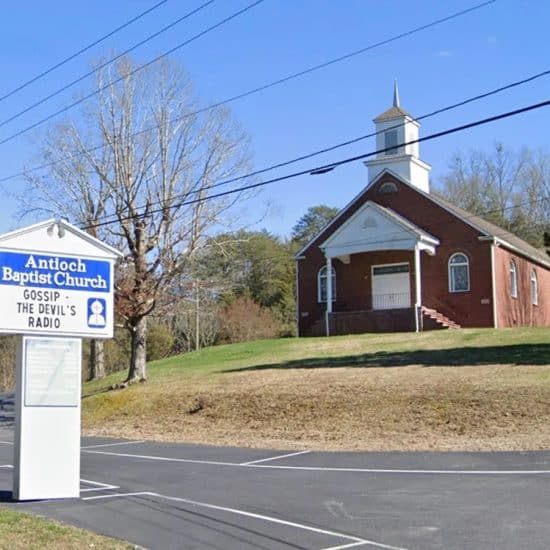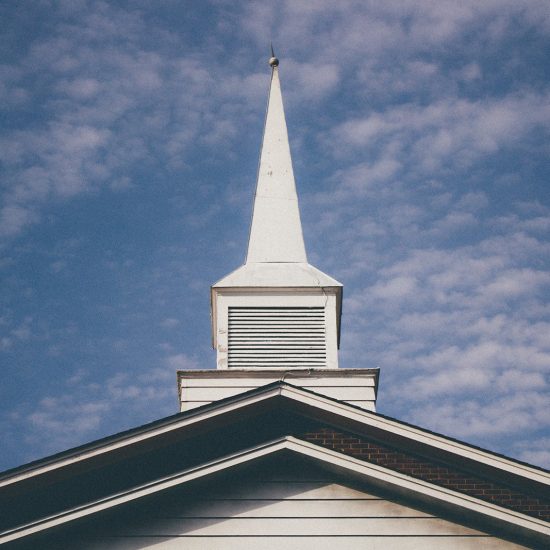The tax-free housing allowance for ministers remains intact because a federal appeals court in Chicago struck down a challenge to the benefit on Nov. 13. The leaders of the Freedom from Religion Foundation who challenged the constitutionality of the allowance lacked legal standing to sue, according to the court.
This challenge has come up periodically since the federal law was passed in 1954. The allowance has successfully withstood those challenges. The IRS rule allows clergy to avoid paying taxes on a part of their income designated as a housing allowance.
On various occasions, high profile pastors have come under scrutiny for how much they claim as a housing allowance, with some charged with inflating their claimed allowance to what appeared to be exorbitant levels. Still, the benefit has weathered each storm and remained intact.
Various groups filed legal briefs in an effort to preserve the benefit, including GuideStone Financial Resources, part of a coalition of denominational pension boards, which filed an amicus brief in the case. GuideStone President O.S. Hawkins and other pension board leaders praised the ruling as “good news for ministers.”
“Throughout the decades, there has been a recognition that the minister’s housing allowance is a vital benefit that is consistent with our Constitution,” Hawkins said. The Southern Baptist agency he heads offers retirement, insurance, investment management, and property and casualty coverage to ministers, church workers and denominational employees. Hawkins praised the government for defending the housing allowance provision.
Dan Barker and Annie Laurie Gaylor, the married co-presidents of the Freedom from Religion Foundation, said after the decision they were disappointed that the court was unwilling to confront a “blatant preference for ministers and churches.”
“This privilege which religion and its leaders demand is discriminatory, and clearly signals governmental preference and subsidy for the promulgation of religion over non-religion,” Gaylor said.
FFRF, which she founded in 1978, has become the largest organization of atheists, agnostics and “free-thinkers” in the U.S. The couple has promised to continue their campaign against the law.
The law has received considerable legal scrutiny over the past 60 years, including this latest challenge, but it should remain in force. That said, it will likely face increased criticism and challenges from various detractors, many of whom — like FFRF — will appear to have more of a beef with churches and religion in general than with the housing allowance issue itself.
Bill Webb is editor of Word & Way.






